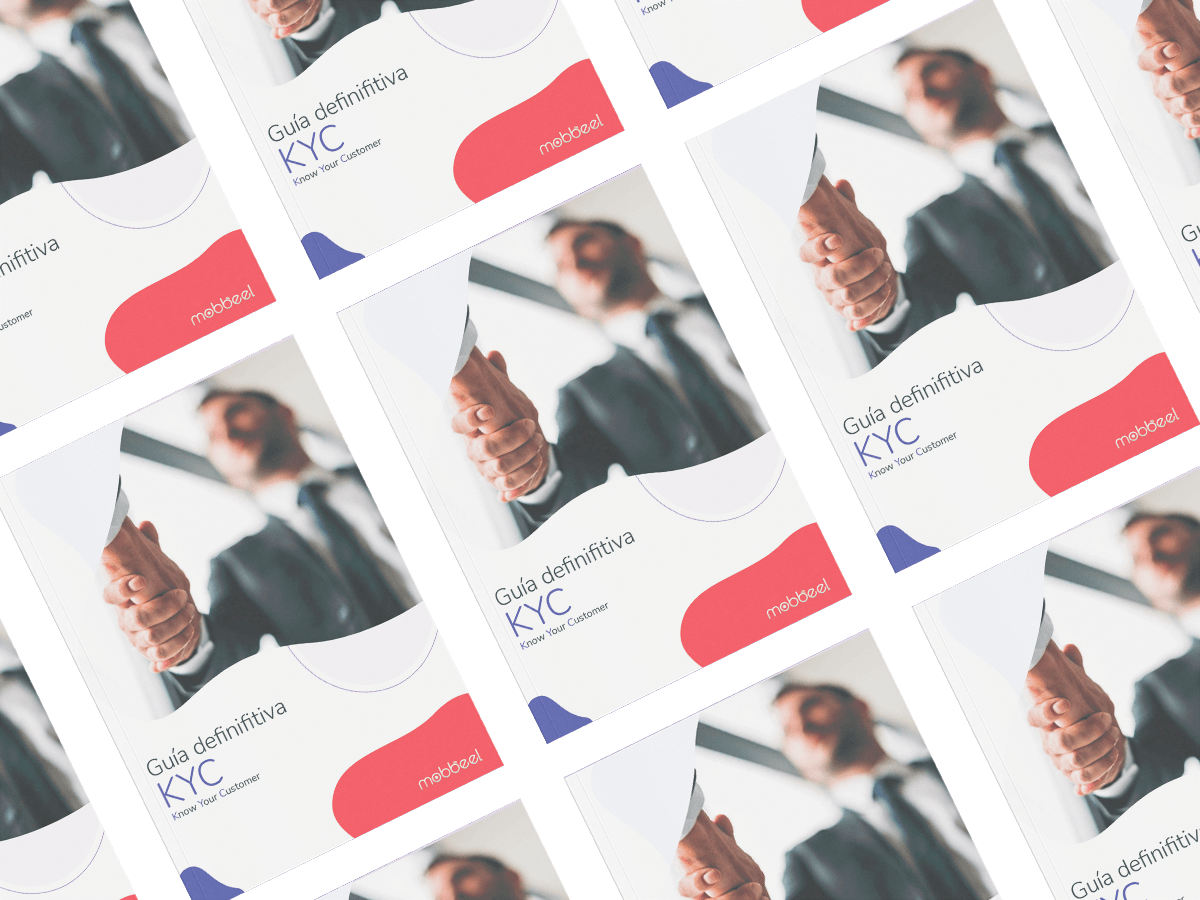No matter the country or the language. Many people play video games and engage in online communities daily. Spending part of your spare time playing online games like Fortnite or LoL (League of Legends) is not odd and has become a common practice.
This hobby stimulates the areas of the brain involved in learning and activates reward mechanisms by solving or skipping a problem within the game. Passing a game is a rewarding activity that increases dopamine levels but simultaneously activates the desire to repeat the same action that has led us to get that reward. Due to its out-of-control use, this uncontrolled desire can become addictive and lead to mental health problems.
Another one is related to the family economy. We refer to spending money on video games to obtain loot boxes or random in-game purchases/rewards.
The acquisition of these loot boxes that improve the experience within the video game has raised economic and health issues in young people.
We look into these problems and explain what loot boxes are in video games. We also examine controversial points and the new rules Spain will set in the modern game industry.
What are loot boxes?
Loot boxes are chests, crates or card packs that appear in some video games to get game items in exchange for a monetary payment. In other words, they are a monetisation tool through which the player purchases an opportunity to receive a selection of upgrades randomly.

There are different types. Among the most common, we find the acquisition of skins to improve characters’ physical appearance and accessories such as masks, costumes and weapons. These upgrades are not available in the game shop and can only be bought by the user through these reward boxes.
Players buy loot boxes to reach a new status, get upgrades no one else has, and show them off. The rarer the upgrade, the more dopamine it generates in the buyer since they have something almost exclusive that other players do not have.
The first rewards of avatars began in Asia; at first, they could only be found in free-to-play games. Avatars were a means of income since players did not have to pay to play. Later, they spread to all kinds of video games, and their purchases became popular among teenagers.
They should not be confused with other systems to unlock items in video games, such as micropayments. In these ones, the player knows what he buys, while in the loot boxes, he does not.
Why are loot boxes popular among those under 18?
28% of adolescents bought loot boxes in 2021, based on an International University of La Rioja research. A figure warns of the risk of suffering a higher prevalence of mental problems and behavioural disorders associated with loot boxes in video game purchases. Among the main issues we find:
- Compulsive and pathological gambling behaviours are far from the recreational purpose of the activity.
- Self-control loss. It implies behavioural changes in real life and leads to anxiety and irritability if the player cannot obtain the desired item in the boxes.
- Inappropriate use of their bank cards or their parents, spending amounts far from what is appropriate for their age range.
- Damage of skills to deal with real-life problems. Gaming takes precedence over other issues and daily activities, resorting to gambling as a recurring means of escape.
Are loot boxes currently considered gambling?
Loot boxes have similar features to gambling, as they share the need to pay to achieve a prize and the randomness of the outcome.
Furthermore, the mechanics of loot boxes are almost the same as that of slot machines. According to the Spanish draft laws, “the functional design of certain random reward mechanisms is very similar to the intermittent behaviour reinforcement schemes so characteristic of games of chance,” and this “stimulates the emergence of cognitive disorders and gambling behaviours more and more persistent among the players.”

In the same way, they have other characteristics in common, such as the famous “near miss” or “losses disguised as wins.”
The negative consequences derived from both games are also another point in common. Both share economic, family, social, and pathological issues, including the damage they cause to vulnerable users such as minors.
Despite their similarities, we find some differences that do not play in the same league. This divergence involves the need to develop a specific regulation that deems their connection with gambling but, simultaneously, the distinctive features of these boxes.
Approval of the preliminary draft organic law in June 2024
After a public hearing and debate, the Council of Ministers approved the draft for the protection of minors in digital environments. This bill includes a ban on access to loot boxes for minors under the age of 18. This new regulatory framework, which began as a draft, defines these mechanisms as games of chance due to their functioning similar to slot machines, where random rewards are offered in exchange for payment.
The decision to approve this draft is based on growing concerns about the negative effects that loot boxes can have on minors. These minors are particularly vulnerable to these practices due to the lack of full maturation of their prefrontal cortex, which makes them more prone to impulsivity and to making decisions without fully considering the long-term consequences.
In addition, minors tend to have a limited perception of risk and probability, which may lead them to spend large amounts of money without being fully aware of it. According to data from the Ministry of Consumer Affairs, almost 24% of young people aged 15-17 acquired loot boxes, underlining the urgency of passing this regulation.
Expected advantages and additional protection
The implementation of this law aims to protect minors from the economic and mental health risks associated with loot boxes and establish a series of guarantees for other players. Video game companies will be obliged to be transparent about the procedures behind these practices and to provide clear information about the real possibilities of obtaining rewards.
Furthermore, those over 18 will have the option to turn off the purchase of in-game loot boxes and to select a maximum amount they wish to spend, which will allow greater control over spending and reduce the risk of addictive behaviour.
Implementation and compliance with the new regulation
Two main pillars will be implemented to ensure compliance with the ban on minors’ access to loot boxes: sanctions on video game companies (discussed above) and the introduction of identity verification methods.
A digital identity verification process will be implemented that will require the use of an ID card to verify the player’s age to prevent minors from accessing loot boxes. Furthermore, other forms of recognition, such as biometrics, are being considered to ensure the security of the system.

This document verification process has already been applied to certain online gambling platforms. Mobbeel is also responsible for verifying whether a person is of legal age on these platforms.
You can download our online gaming and gambling brochure if you want to know more.
Other functionalities will be introduced to keep those under 18 out of addiction. Parents will be able to configure parental controls or directly disable purchases within the video game to control the play behaviour of their children.
If you want to know more about our Digital Onboarding technology and how we use it in MobbScan to verify people’s identities, you can contact us through our contact form.

I’m a Software Engineer with a passion for Marketing, Communication, and helping companies expand internationally—areas I’m currently focused on as CMO at Mobbeel. I’m a mix of many things, some good, some not so much… perfectly imperfect.

GUIDE
Know your clients and their age, making your company grow
The journey between an organisation and its clients begins with proper verification, ensuring the safety of both parties. This KYC guide is essential for understanding the importance of knowing your users and complying with legal requirements.




